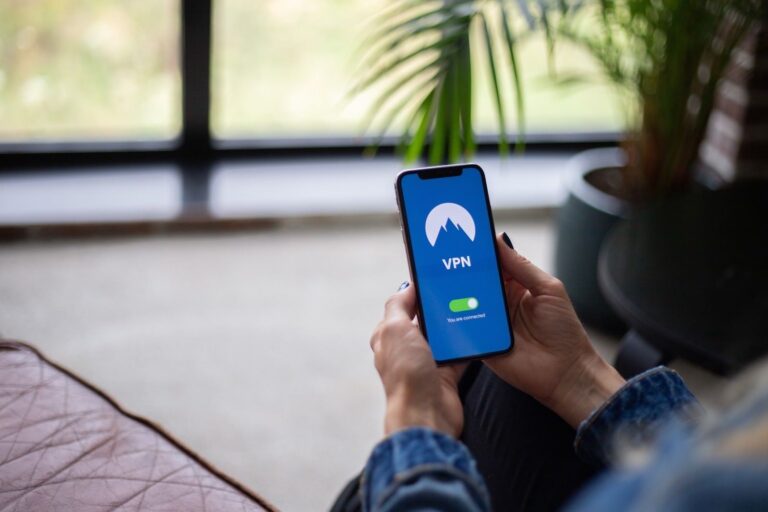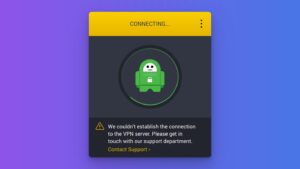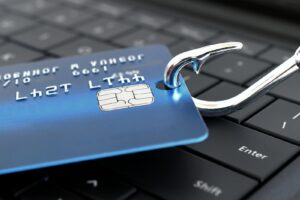A VPN, or Virtual Private Network, is a great way to keep your data safe when using public Wi-Fi. But is a VPN necessary on cellular networks? In this post, we’ll go over some of the most important aspects of using a VPN on your phone.
What’s the difference between a mobile connection and Wi-Fi?
A mobile connection is a type of network where your device connects to the Internet through a cellular tower and uses mobile data to use the internet. This could be either through LTE, HSPA+, or EDGE. A Wi-Fi connection, on the other hand, uses an access point to connect to the Internet. Your device will need to be within range of that access point to connect.
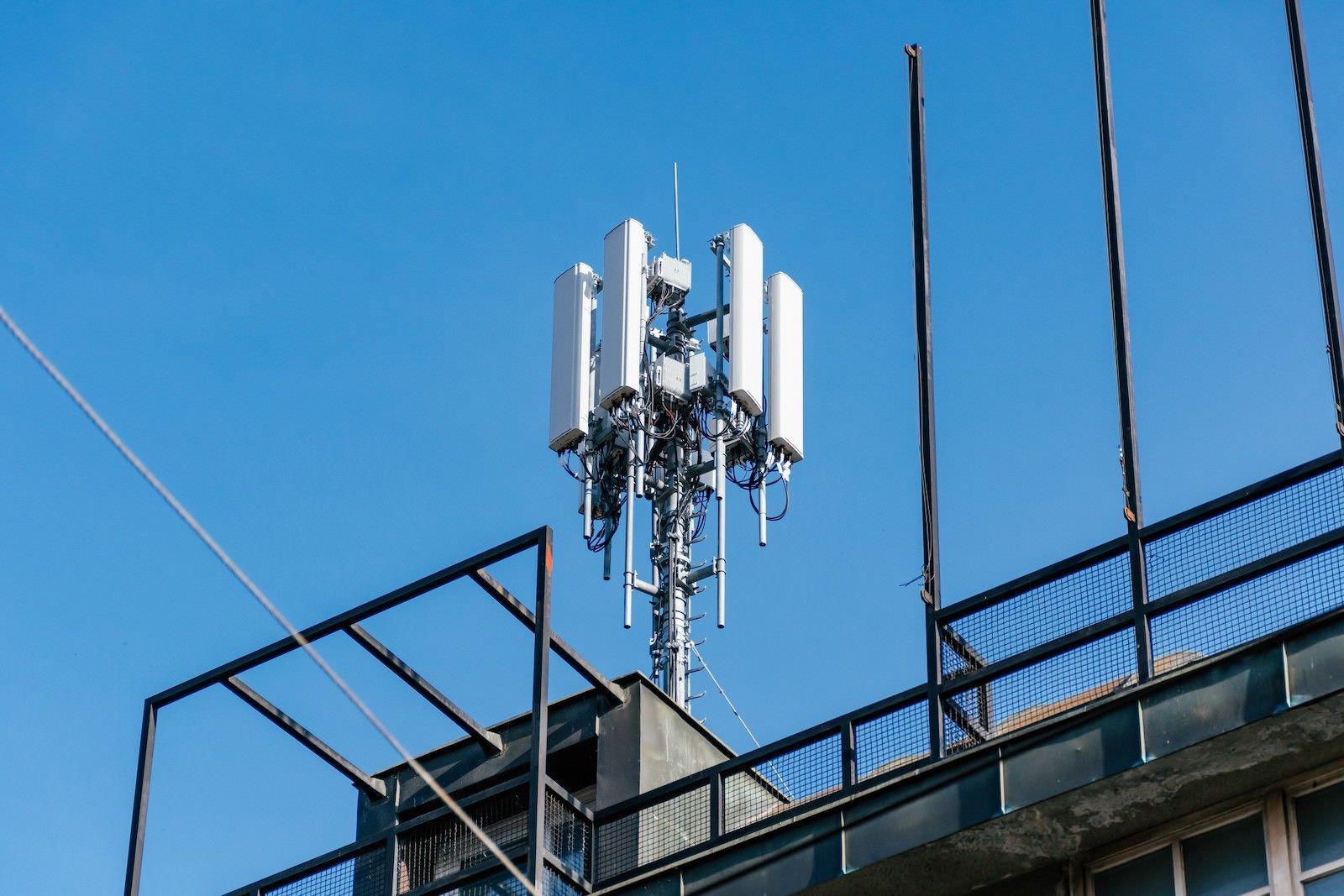
Is the mobile connection more secure than Wi-Fi?
Most people would say that a mobile connection is more secure than Wi-Fi. This is because your data is encrypted when it’s sent through a cellular network. However, there have been some reports of data breaches on cellular networks. So, it’s important to be aware of the risks before you decide whether to use a VPN on your mobile device.
Recommended VPNs



Do you need a VPN for your mobile device?
The answer to this question depends on what you’ll be using your mobile device for. If you’re just browsing the Internet or checking email, then you probably don’t need a VPN. However, if you’re using your mobile device for work or accessing sensitive data, the answer is most likely yes.
However, there are some scenarios where you might want to use a VPN on your mobile device. For example, if you’re using public Wi-Fi in a coffee shop or airport, you may want to use a VPN to protect your data. Or, if you’re traveling to a country with strict Internet censorship, you may need a VPN to access the Internet.
Another aspect is that even though the mobile connection is encrypted, your phone service provider will be able to store, share, and even analyze your browsing history for their purposes. This is something that a VPN can help protect you from.
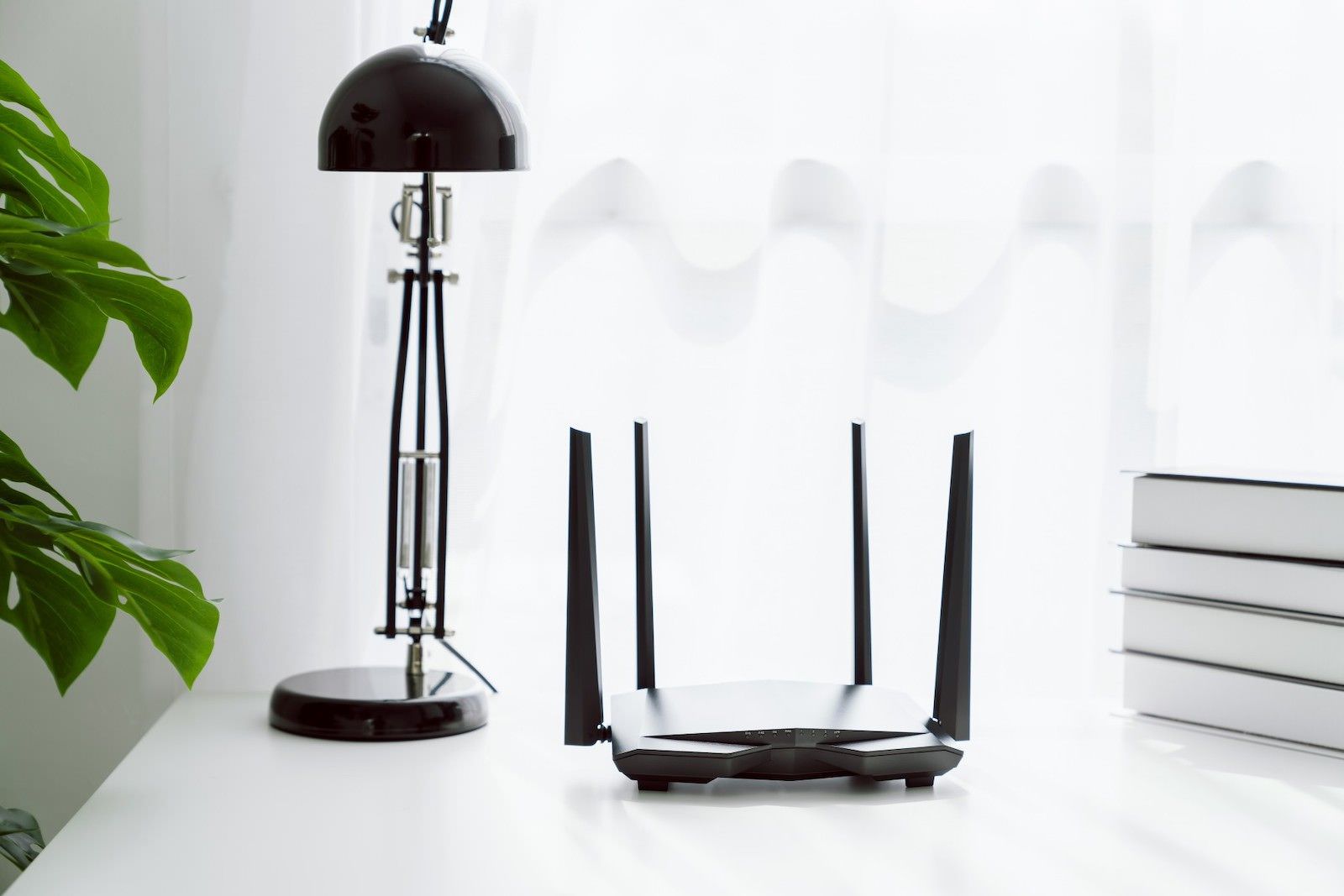
Do VPNs require Wi-Fi?
No, a VPN does not need Wi-Fi to work. You can use a VPN on your mobile device even if you’re not connected to Wi-Fi. However, keep in mind that using a VPN will use up more data. So, if you have a limited data plan, you may want to connect to Wi-Fi before using a VPN.

Special offer for our readers – 3 Months Free!
Get the best rated VPN service in the world with a special offer just for the readers of PrivacyTutor!
Does a VPN protect text messages?
A VPN will not protect your text messages. Text messages are sent through a different type of network than data, and they are not encrypted. So, if you’re sending sensitive information via text message, it’s best to use a different method. For example, you could send an email instead of a text message or use specialized messaging apps like Signal or Telegram that are focused on offering security and privacy.
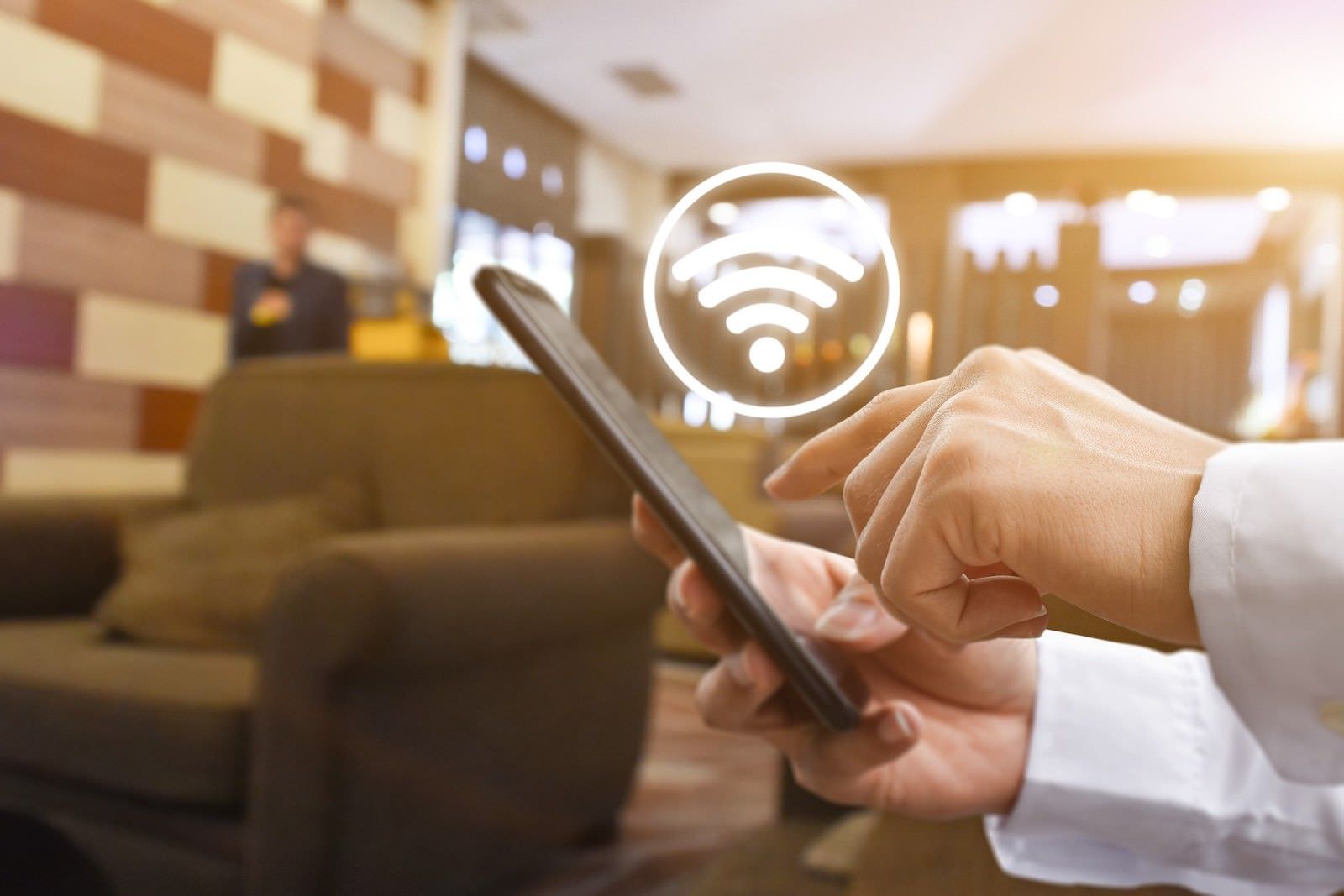
Can you use a VPN through a hotspot?
You can, but it’s not as common because most people don’t need the added security. If you’re using a public hotspot, there’s already someone else in between you and the internet. So unless you’re doing something sensitive (like banking), a VPN isn’t necessary.
The same goes for cellular networks. Unless you’re doing something that requires a high level of security, like accessing your company’s intranet, you don’t need a VPN.
Of course, if you’re worried about someone snooping on your traffic, you can always use a VPN. It will add an extra layer of protection. But it’s not necessary for most people.

Special VPN Deal
Get VPN protection from NordVPN, one of the most reliable VPN companies in the world, for just $3.99/month!
Will a VPN cause roaming charges?
A VPN will not change your phone settings, but it will use more data than usual. This is because the VPN app on your phone will stay connected to the server all the time, to protect your possible future connections. In contrast, when you don’t have the VPN service active on your phone, you will use data only when you do something on the internet. (Except when you enable background app refresh for some applications).
While researching for this, some VPN providers claim that the increased internet traffic from their VPN apps is negligible. In this case, if you’re not worried about incurring extra costs, you can safely leave the VPN application to be connected all the time.
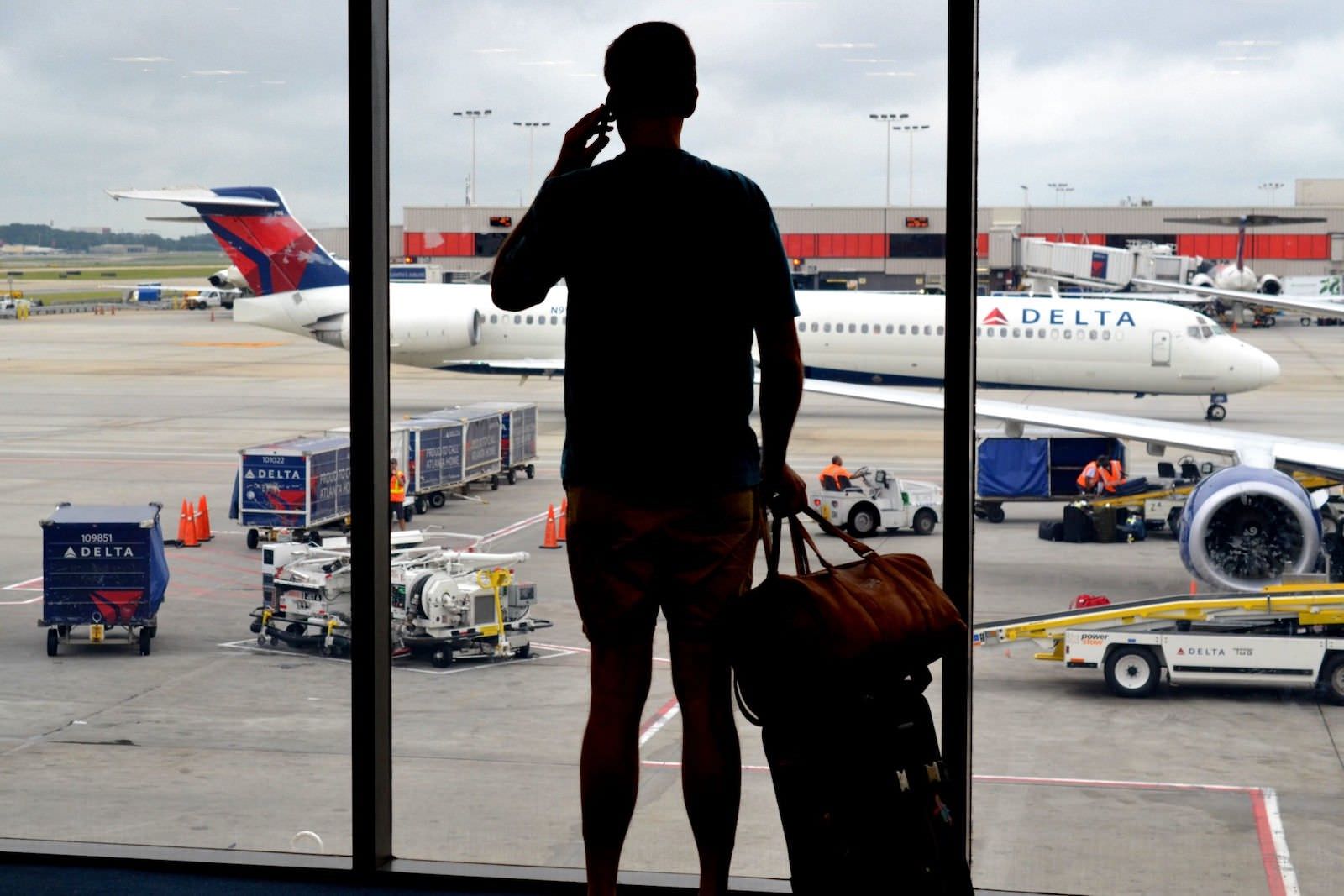
Do VPNs prevent tracking?
VPNs can help prevent tracking, but they’re not foolproof. If you’re concerned about being tracked online, you may want to use a different type of security software in addition to a VPN. For example, you could use an ad blocker or tracker blocker to help keep your data private.
Can a VPN detect your location?
When you install an application on your phone, regardless of the operating system, iOS or Android, you will be asked to enable certain permissions for it.
If your VPN app requires locations permissions, then the app will use the location services provided by your phone, and it will be able to detect your location. This may be a good thing if the app uses this information without storing it in your account, but this may also be a security risk that you may want to avoid.
However, if the VPN application does not ask for location permissions, or you do not allow it to get your precise location, the application can still detect your location based on your IP address. This method, however, is not always very accurate, and therefore it is less risky.

Can VPNs change the timezone of a phone?
Based on my tests, a VPN will not affect the timezone of your phone. This is because a VPN connection, even if it does connect you to a server from a different timezone, will not influence the way your phone sets its timezone.
This is because your phone uses the cellular connection to determine your timezone and not your Wi-Fi connection. Even with the airplane mode active, the phone still defaults to the last known location, and it is not influenced by the VPN at all.
If you need to match the timezone of your phone with the location of your VPN server, you can manually adjust the timezone of your phone by disabling the automated timezone setup.
Final Thoughts
Overall, a VPN is not always necessary for cellular networks. Most people don’t need the extra security that a VPN provides, and using one can lead to increased data usage and costs. However, if you’re doing something sensitive on your phone or are worried about being tracked, using a VPN is still a good idea. Additionally, VPNs can help prevent location tracking, but they’re not foolproof.

Special offer for our readers – 3 Months Free!
Get the best rated VPN service in the world with a special offer just for the readers of PrivacyTutor!

